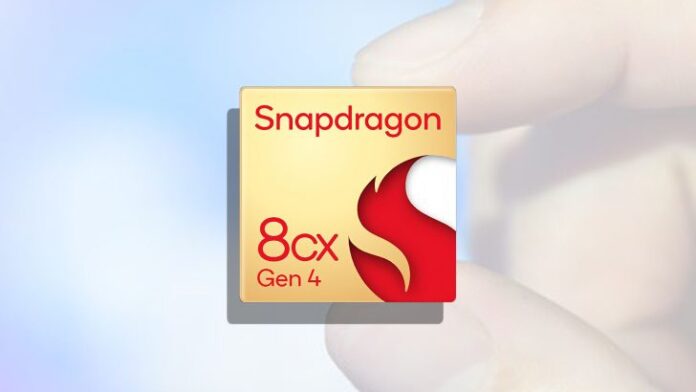
Qualcomm was earlier said to be running into undisclosed problems with the Snapdragon 8cx Gen 4, which is allegedly the company’s first SoC to ship with custom Oryon cores that were made possible with the Nuvia acquisition. There appears to be progress with the chipset in terms of performance, with a rumor claiming that it is slightly better than the Apple M2. However, its estimated launch timeline may take away the advantage, especially with the M3 unveiling right around the corner.
Apple could launch the M3 before the Snapdragon 8cx Gen 4, putting Qualcomm once again behind its competitor
A small report from SemiAccurate talking about ‘Qualcomm’s Oryon SoC’ revealed some minute bits of information concerning its performance. While the official name was not mentioned, the chipset has been called the Snapdragon 8cx Gen 4 on previous occasions. In the report, Charlie Demerjian states that the Oryon cores have hit their performance and power targets and are said to be a little better than the M2, which powers various portable Macs and Apple’s latest iPad Pro range.
The report does not mention which variant of the Snapdragon 8cx Gen 4 performs better than the M2, as there are three versions with different core counts and features. The top-end version sports a 12-core CPU, divided into eight performance cores and four developed for power efficiency, so this could be the one that outperformed the M2. However, it should be noted that the M2 is just an 8-core SoC, with four performance and four power-efficiency cores, so at the very least, we were expecting the Snapdragon 8cx Gen 4 to match M2 Pro’s multi-core capabilities.
Even with this performance lead, the Snapdragon 8cx Gen 4 may launch after the Apple M3, which is said to be unveiled in a few months. We have already reported that Qualcomm is apparently undecided on the launch, and that will only take away its advantage and put it a generation behind Apple. With the Snapdragon Summit being held in late October, the San Diego firm could provide a preview of the SoC, along with its estimated arrival. For now, we look forward to getting some much-needed competition in the ARM notebook space, which Apple currently dominates.
WccftechContinue reading/original-link]




